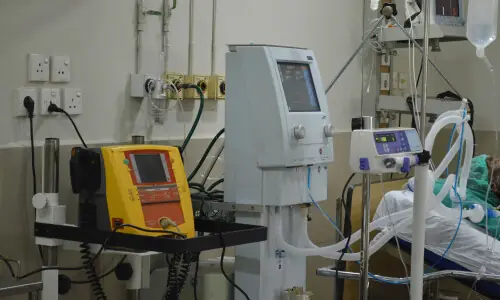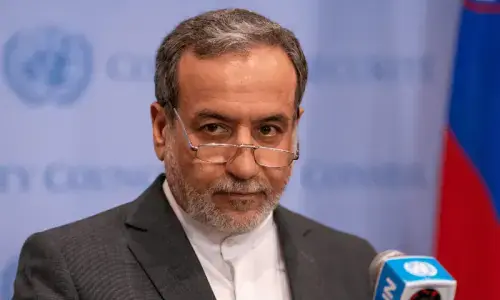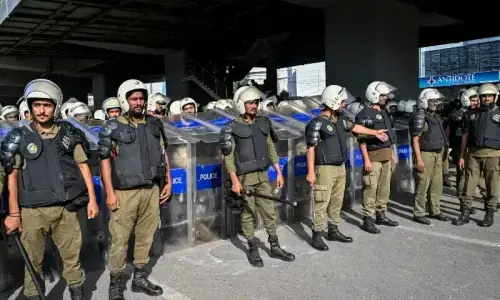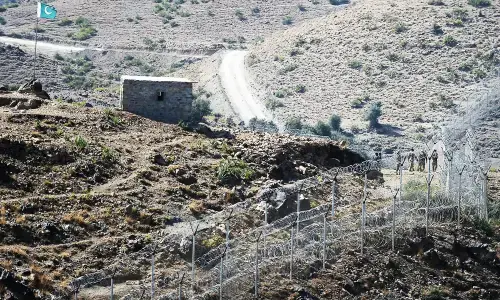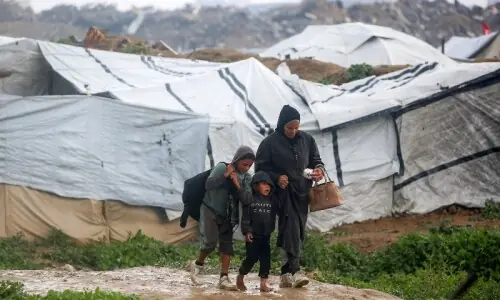ISLAMABAD: Experts have called upon the government and the State Bank of Pakistan (SBP) to formulate a targeted policy to help promote financing in the renewable energy sector.
A new study by an Islamabad-based think-tank, Policy Research Institute for Equitable Development (PRIED) has pointed out that the financing opportunities for renewable energy projects remained limited in Pakistan.
It also recommended to the government and the SBP to come up with targeted policy measures to help unlock the potential of renewable energy financing and drive the country’s transition towards sustainable and renewable sources of energy.
The study ‘Facilitation green loans for sustainable energy transition’ carried out in collaboration with a German think-tank, Agora Energiewende, says a major delivery gap exists in the financing of green energy projects.
Speaking at the launch of the report at a local hotel, Naila Saleh, project manager Agora Energiewende, said the findings showed a shortfall when it comes to urgently needed financing for clean projects in Pakistan and broader hesitance within the banking industry to embrace and promote sustainable energy initiatives.
“While green lending options are available, their implementation and access to them is not always consistent and constant,” she added.
The study shows that Pakistan’s banking sector has shown lackluster interest in green product financing even when the country was among the top 10 victims of climate change’s negative impacts.
Senator Seemi Ezdi emphasised the urgent need for a just transition to sustainable transportation and energy sources, particularly focusing on Electric Vehicles (EVs).
She said Pakistan needed to make a concerted effort, including priority lending and financing of green energy projects, to achieve the national target of producing 60 per cent energy from renewable sources and running 30 percent of our vehicles on electric engines by 2030.
Rimsha Rehan, researcher at PRIED, emphasised that the widespread adoption of renewable energy necessitated substantial investments with a focus on accessibility and affordability.
She highlighted the pivotal role of green loans, particularly for technologies like solar and wind. Despite dedicated schemes for EVs and DSPVs, inertia at the policy level persists, hindering the adoption of these technologies.
The other speakers including Ahsan Gaylani from UNIDO, Dr Naveed Arshad, Lums Energy Institute, Dr Qazmi (Nust), Rashid Azim, UBL and Arslan Iqbal from the Bank of Punjab highlighted the importance and need for product standardisation as well as reduced taxation to encourage investments in green energy at small and medium levels.
Published in Dawn, May 4th, 2024

